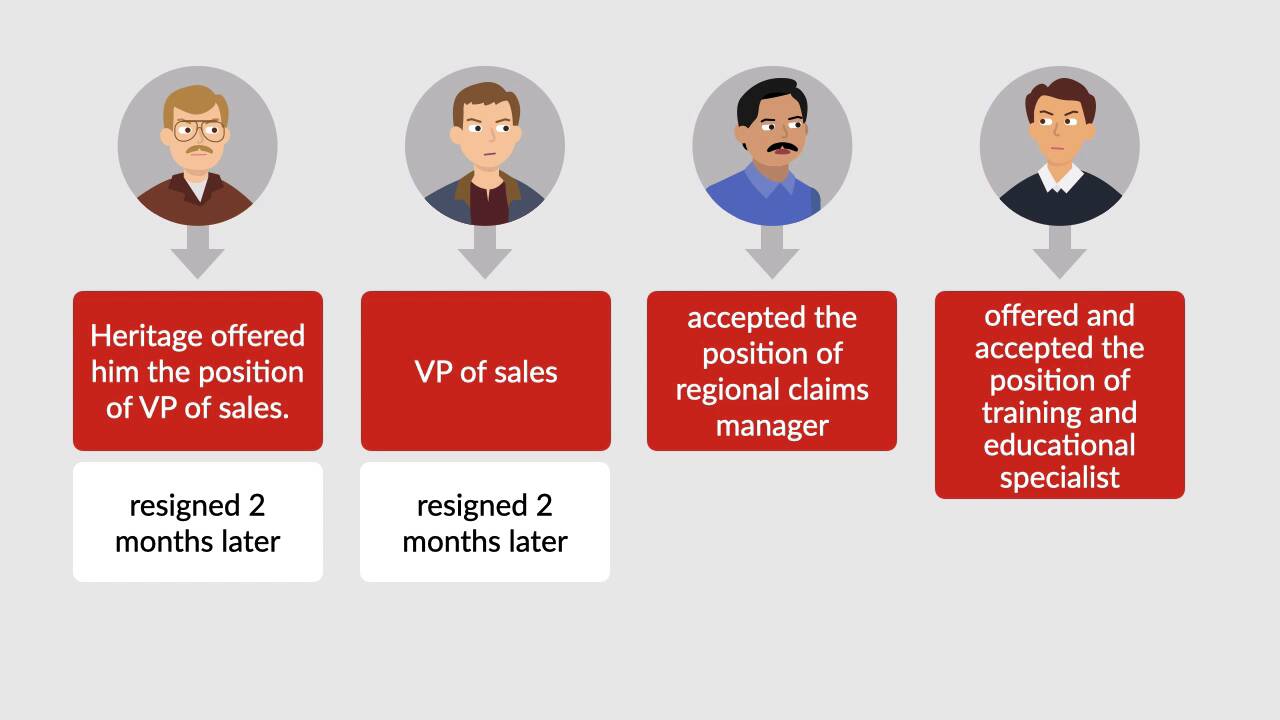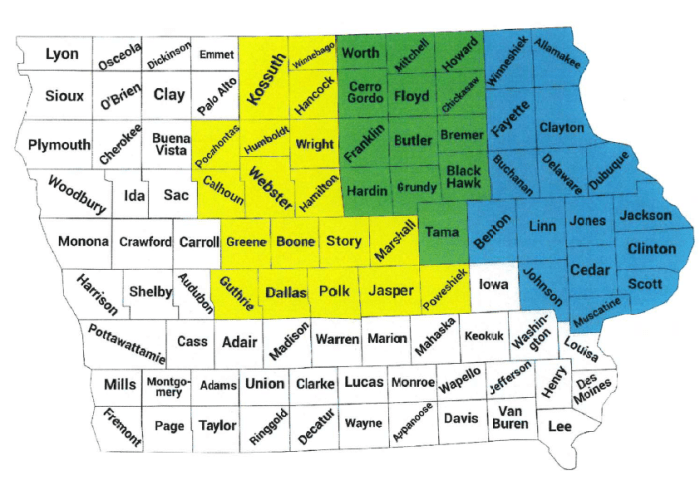Hohlbein v heritage mutual insurance – Hohlbein v. Heritage Mutual Insurance, a seminal case in insurance law, has had a profound impact on the industry and beyond. This case, which revolved around a dispute between a policyholder and an insurance company, raised fundamental questions about the interpretation of insurance policies and the obligations of insurers to their customers.
The legal arguments presented by both parties in the case were complex and nuanced, involving the application of various legal principles and doctrines. The court’s decision, which ultimately sided with the policyholder, established important precedents that have shaped insurance law and practice.
Case Overview

The case of Hohlbein v. Heritage Mutual Insurance Co. involved a dispute over insurance coverage for a house that was damaged by a fire. The plaintiff, Hohlbein, argued that the fire was caused by a lightning strike, which was covered under his homeowners insurance policy.
The defendant, Heritage Mutual Insurance Co., denied coverage, arguing that the fire was caused by an electrical malfunction, which was not covered under the policy.
Legal Arguments

Hohlbein argued that the fire was caused by a lightning strike, which was covered under his homeowners insurance policy. He presented evidence that the fire started in the attic, where there was evidence of a lightning strike. He also presented evidence that the electrical system in the house was in good working order.
Heritage Mutual Insurance Co. argued that the fire was caused by an electrical malfunction, which was not covered under the policy. They presented evidence that the fire started in the basement, where there was evidence of an electrical malfunction. They also presented evidence that the electrical system in the house was not in good working order.
Key Legal Principles, Hohlbein v heritage mutual insurance
- The burden of proof is on the plaintiff to prove that the fire was caused by a covered peril.
- The insurance company has a duty to defend the insured against all claims, even if the claim is frivolous.
- The insurance company has a duty to act in good faith in dealing with the insured.
Court’s Decision: Hohlbein V Heritage Mutual Insurance

The court found that Hohlbein had not met his burden of proof to show that the fire was caused by a lightning strike. The court found that the evidence was more consistent with the fire being caused by an electrical malfunction.
Impact of the Decision
The court’s decision has several implications for the insurance industry. First, it makes it more difficult for policyholders to recover for fire damage if the insurance company can show that the fire was caused by an electrical malfunction.
Second, the decision may lead to an increase in insurance rates, as insurance companies may now be more likely to deny coverage for fire damage.
Additional Considerations

The case of Hohlbein v. Heritage Mutual Insurance Co. raises several important legal issues. First, the case highlights the importance of the burden of proof in insurance cases. Second, the case illustrates the duty of good faith that insurance companies owe to their policyholders.
Finally, the case raises the issue of whether insurance companies should be required to cover fire damage caused by electrical malfunctions.
FAQ Section
What was the central issue in Hohlbein v. Heritage Mutual Insurance?
The central issue was whether the insurance policy provided coverage for the policyholder’s loss, which resulted from a landslide.
How did the court rule in Hohlbein v. Heritage Mutual Insurance?
The court ruled in favor of the policyholder, finding that the policy provided coverage for the loss.
What was the significance of the court’s decision in Hohlbein v. Heritage Mutual Insurance?
The decision established important precedents regarding the interpretation of insurance policies and the obligations of insurers to their customers.